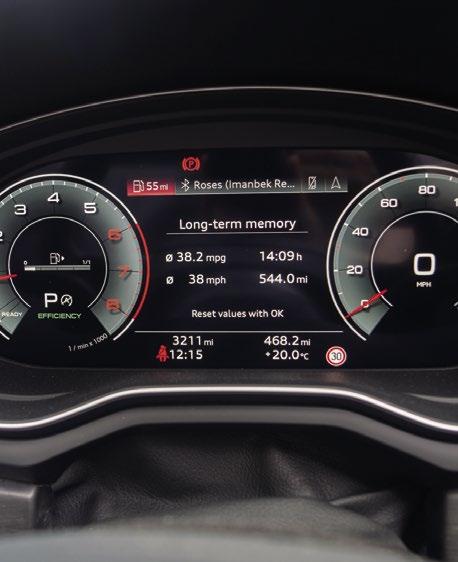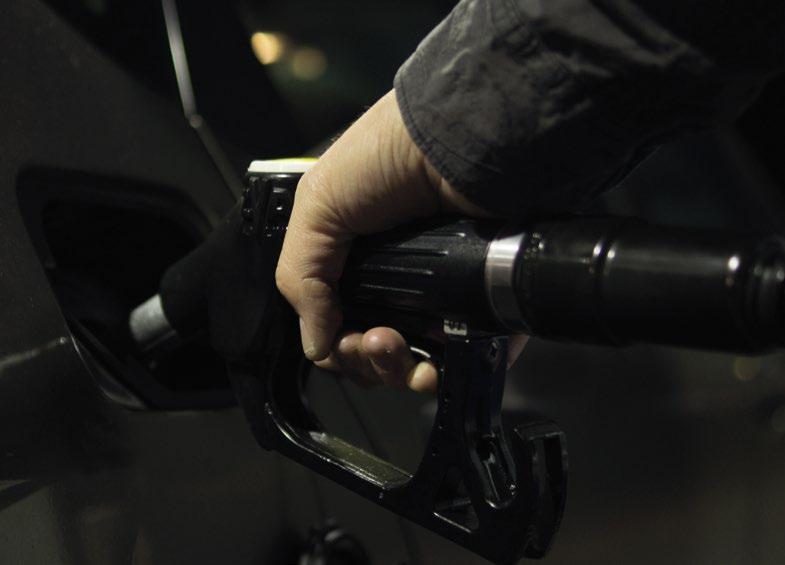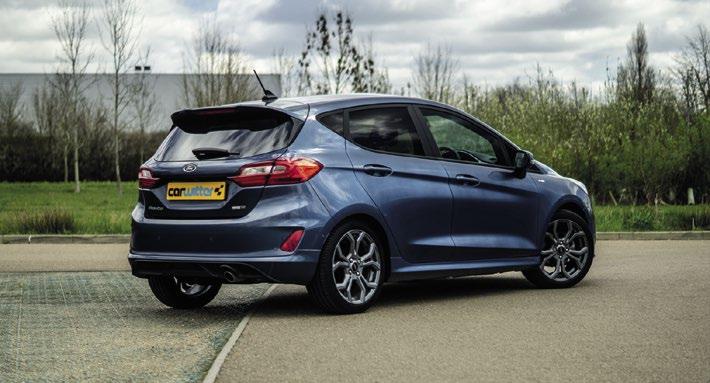
3 minute read
MOTORING
from NN Pulse May 2022
FUEL EFFICIENT DRIVING

Following on from last month’s piece ADAM TUDOR-LANE offers some simple driving tips that will further improve the fuel economy of your vehicle.
Last month we went through a few tips to try and eke out some more miles per gallon; they ranged from ditching excess weight to making sure your tyres are properly inflated.
Each one gave a small, maybe marginal amount of improvement, but add them all together, and you could save a fair few quid over a year. But where it counts is how you drive, so let’s see if you can save even more money on every fill-up.
Speed
It might seem obvious, but the quicker you drive, the more fuel you’ll use. For example, driving at 70 MPH you’ll use 9% more fuel than at 60 MPH and up to 15% more than if you were to drive at 50.
Driving on the motorway at 80 can use up to 25% more fuel than if you were to cruise along at the 70 MPH speed limit – think about that next time you want to keep up with everyone else.
Smoothness
Accelerating gently and progressively keeps the revs down, the engine doesn’t have to work as hard, so it uses less fuel. Read the road ahead and decelerate by lifting off the pedal and letting the car slow down on its own rather than braking.
Stopping and starting uses more fuel than rolling, so slow yourself down early at roundabouts or traffic lights, then you don’t have to come to a complete stop.
Gears
You’ve got gears for a reason, and changing up early keeps your revs down. Try to change up at 2,500 RPM in a petrol or 2,000 RPM in a diesel; this will make sure the engine isn’t put under strain; it’s just above tick over, so you’ll be sipping fuel.
Some small adjustments to your driving habbits could save you money
If you drive a modern automatic, you’ll usually find an ‘Eco’ friendly gearing option buried in the menus. Additionally, every car from 2014 onward has a gear shift notification to tell you when you should change up for best efficiency.

Maintenance
A well-maintained car will achieve higher MPG regardless of any driving habit changes. The oil will be thinner; it can breathe freer through a clean air filter, and the spark plugs will be working at their optimum.
While main dealer servicing can be incredibly pricey, an interim service at a third-party garage can cost as little as £80, while a full service will be around £140. If you aren’t sure which local garage you can trust, sites like - goodgaragescheme.com are worth a look; failing that, word of mouth is a great way to find a reliable garage.
See how much you can save
While crawling along below the speed limit may not appeal to many, changing your habits for just a week may be the jolt you need to make a longer-lasting change.
Take a note of your current MPG and reset the trip computer on your car. Then, drive as economically as you can for the next week and see how your MPG differs.
Using the Which? ‘Annual fuel cost calculator’ - shorturl.at/hmyC6 will allow you to see the difference your new-found zen will bring.
Driving 6,000 miles per year with a fuel cost of 160p per litre at 30 MPG equals £1,454 in fuel. Up that MPG by just 2, and you could save £91 a year. 34 MPG saves £171.
Jumping from 30 MPG to 38 (probably a tall ask) and you’ll have an extra £306 in your pocket.
While these may seem like small numbers, every little bit of money saved right now counts; a £300 fuel-saving this year could be money towards your insurance costs, home energy bills or simply an extra three tanks of fuel.










